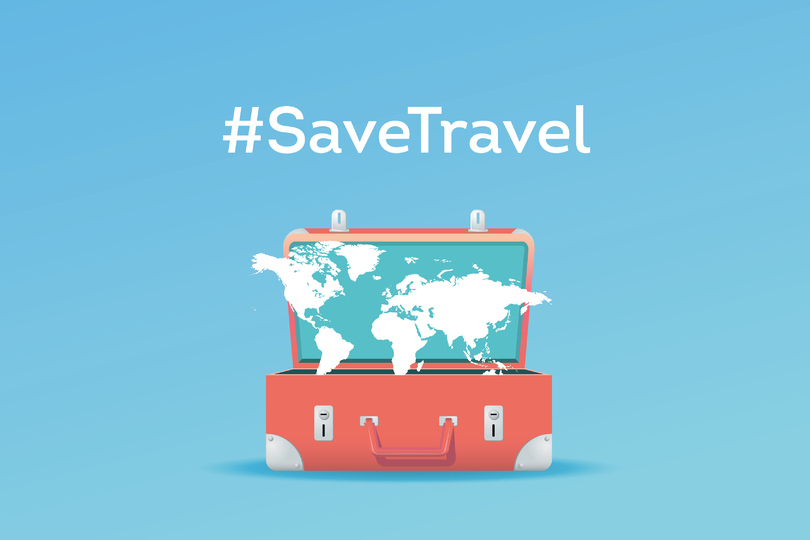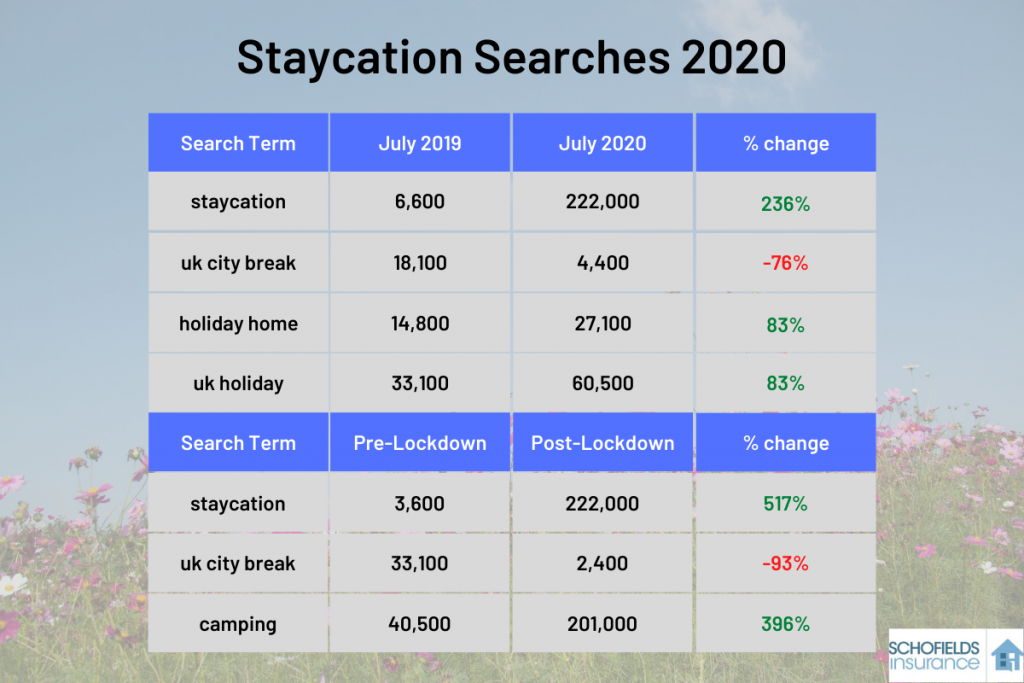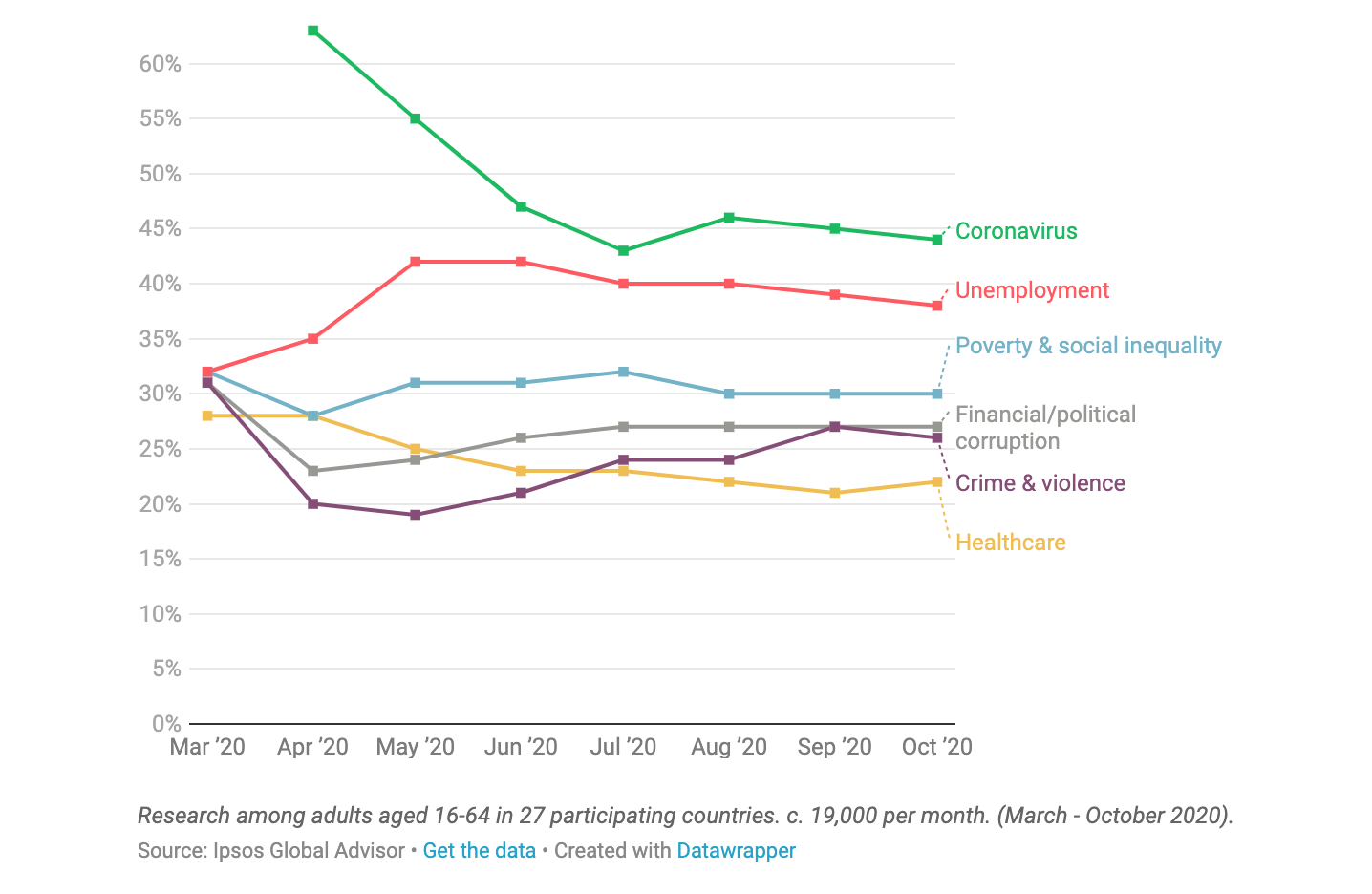To say that 2020 has been a challenging year for many industries would be an understatement; and it’s almost impossible to predict what will happen in 2021. Sadly our travel and tourism industry has been significantly affected by the global pandemic, with many companies already forced to close, on the verge of closure or having to make many of our industry peers redundant due to the current situation.
If you’re in the travel and tourism industry we’re sure you’re aware that many pillars of our community have been working tirelessly to support the market; staying abreast of the constantly changing regulations through their relationship with the Government, communicating and sharing invaluable advice. As an ABTA partner we have been in constant communication to ensure we are also keeping in touch with the ever changing landscape.
It has also been great to see organisations like TTG raise awareness and lobby government to get the support it needs and we’ve been proud to be a tiny part in sharing their #savetravel campaign in recent months.

Our overview of 2020, and looking forward to 2021
One of the most important messages which is being discussed within the industry is how to rebuild consumer confidence and encourage people to book. We are having to approach our messaging, plans and strategies in a different way such as changing deposit or refund rules to encourage consumers to dip their toes in the water and commit to a holiday in 2021.
It’s impossible to create a ‘one size fits all’ strategy for travel marketing next year. How your company approaches your messaging, marketing, targeting, pricing and promotions will differ depending on your product, offering and markets you serve.
TOY campaigns have historically been the most important time of the year to set the sales pace for the following 12 months and are clearly going to be more challenging for overseas trips, cruises and flights. We also predict that mode of transport will play a factor in consumer decision making based on how safe customers feel about making a trip.
At Adido we work with numerous UK travel and tourism companies and have been researching 2020 and putting a lot of thought into 2021 for the UK holiday market.
We’ve read a lot of reports on how the UK holiday market has performed this year, and although visitor numbers from overseas have obviously declined, Staycations are up by a massive 517%! There has also been a huge increase in searches for holidays closer to home and online searches have experienced a massive growth of over 500% year on year!

And whilst we cannot make definitive predictions for next year, as we come to the end of 2020 it’s time to plan what we can do in 2021 to ensure that the UK travel and tourism industry not only survives, but continues to thrive as much as it can.
Quick review of 2020 for the UK Holiday market
Although 2020 has been an impossibly challenging year for the travel industry because of the pandemic, there are some positive points to think about as we head towards the end of the year:
- In between the first Lockdown and the current Lockdown, staying in the UK but getting away from home, (whether it was to a camping and caravan site, a UK AirBNB or over to the Isle of Wight), experienced a surge in bookings, especially in the school holidays.
- A point to note is that the price of a ferry over to the Isle of Wight for October half term was as expensive as taking a flight to a European destination in 2019 due to demand, and there was low availability for anywhere to stay!
- After the first lockdown, July was a key turning point for tourist attractions; especially for families with children who were desperate to get out of the house after so many weeks of juggling home-schooling, working from home and children who hadn’t been able to see their friends for weeks.
- People want to holiday again, and more than ever want to have something to look forward to in 2021. Here’s some advice on choosing your 2021 holiday whilst taking advantage of the current deals available.
- There was an increase in UK adventure travel tourism in 2020. At a recent event, VisitScotland has been actively supporting the industry and highlighting the positive effect of the pandemic on adventure tourism and reported:
“The pandemic has seen an increase in interest in outdoor adventures, with cycling, running and open water swimming growing in popularity among Scots both during and post lockdown. Scotland’s landscape and climate make it ideal for the growing interest from visitors in adventure and nature-related activities, from mountain biking, sailing and rafting to more gentle experiences such as foraging and wild camping.”
How is TOY going to look for the UK holiday market?
For some sectors including popular camping and caravanning sites, the peak booking weeks (i.e. school holidays) potentially have limited space already where they have transferred this year’s bookings to 2021 rather than refunding. As a result, we expect to see messaging about peak season changing with limited spaces already potentially available and the spaces that are left selling without too much trouble.
As we finalise our marketing plans for next year, it’s important to take into consideration the general concerns of travellers and the world at large. Coronavirus still continues to dominate our thoughts and when it comes to messaging and encouraging your bookers to spend next year it's important to be sensitive to this as well as other issues at play. This recent chart (below) from Ipsos highlights this clearly despite the fact we have started the vaccination process in the UK.

What does the industry think about TOY?
TTG recently held a debate ‘Has Covid cancelled peaks?’
As we are now into December, in the ‘old normal’ travel companies would have their TOY planning and advertising all ready and set up to secure those essential beginning of year bookings to help them plan the year ahead. If you’re a member of TTG+ (and it’s only £5 for the first month, and you cancel at any time), then this debate is definitely worth watching.
TTG deputy news editor James Chapple, Paul Bixby from Easyjet Holidays, JG Travel Group’s Claire Dutton and Strawberry Holidays’ Kate Holroyd discuss what Covid did to 2020 and what it will mean for the trade’s traditional turn-of-year sales window. Key points included:
- We have had to keep our crystal balls on standby as 2021 is so difficult to predict!
- Customer confidence is low because it is so difficult to keep on top of ever changing policies. They are not sure where they can book, when they can book for, flexibility of their booking and need reassurance that if they spend money it is protected. Therefore it is essential to be clear with your own policies from the beginning of your customer journey what will happen if their holiday is cancelled. Will they receive a credit or a refund? How will you communicate with them plainly and easily? It is fundamental to let your customers know that their money is safe.
- There is a pent up consumer demand, and news of the vaccination showed a bump in sales, especially for late 2021 and early 2022 bookings. We need to be looking further into the future than ever before.
- Agents are as nervous as consumers about making bookings at the minute. They definitely don’t want to promise bookings (particularly in the short term) which will then be cancelled.
- Paul Bixby from Easyjet Holidays advised that adapting quickly is key, and focus further out than usual. He also spoke about keeping an eye on when ‘travel corridors’ open, as they saw a 500%+ increase in bookings for Canaries holidays earlier this year when it was possible to travel there.
- The general feeling amongst agents for TOY is that they will still be supporting campaigns as always, but with relevant promotional messaging (such as people booking further out so they feel more confident their holiday won’t get cancelled BUT, they have something to look forward to).
What is important to gain customer confidence?
We know that customer confidence is low in this unprecedented time. YouGov reported back in October the increase in concerns about household finances, job security and house values. It’s not surprising therefore that booking a holiday is a low priority for many people in the current climate. However, there are ways to reassure your customers that they shouldn’t be worried about booking a holiday in 2021 to encourage sales:
- Messaging to clearly illustrate how your product is safe to book during the ongoing pandemic. A great example is from Aria Resorts who keep their website updated with the latest news, and clearly talk about the measures they have put into place to ensure the safety of their guests.
- Lower, refundable deposits to encourage customers to commit - with messages that if circumstances do change, they will not lose their money.
- Cancellation guarantees. If you don’t already follow ABTA’s advice, they are a great way to ensure that you are following all of the best procedures for cancellation guarantees.
- Strike the right chord with your messages - empathize with the situation and reassure travellers that when it’s safe to visit / stay / travel that you will be there with open arms to welcome them again.
PWC also offer some extremely useful advice in this article about how to restore confidence in travel during an uncertain time. They surveyed more than 1,000 consumers earlier this year and reported that:
- Safety is top of mind, and consumers seek trusted sources.
- Consumers want control of their surroundings (and are willing to pay more for it)
- Consumers want evidence of safety protocols (brand trust, including confidence in safety and cleanliness is now the top purchase driver)
- Consumers want to travel again! And the report covers some strong ideas to use your touch points with your customers to help reassure them to make that booking.

Sales & marketing strategies to help sell more holidays in 2021
What’s for sure is that 2021 will not be like any other year. Vaccines may come, but they probably won’t be evenly spread or, dare we say it, evenly taken when on offer. Until travellers are confident that they are safe to travel and the places they go to are safe, then things will remain very fluid.
As a result, we can only offer our best guesses and advice on what is likely to happen and will keep blogging here on new insights as we get them. Below highlights some things to investigate and look into:
- Look at and understand your target markets:
- Whilst we could never condone family holidays during term-time, potential customers may be more likely to accept a week out of school for their children to secure an affordable holiday in 2021. Controversial as this is, UK breaks during school holidays next year can command an inflated price in the current climate; and if our children can survive six months off school this year, maybe one week to get away in 2021 will be considered?
- Also consider your alternative markets that can commit during the ‘shoulder months’. Look at your historical data about who/what kind of person booked - when did they book and when did they stay? Booking curves in 2021 for the travel industry are certainly going to look very different, so investigating the data you hold and how to best use it to target relevant segments is essential. We wrote a blog back in 2018, WAY before the pandemic hit us about strategies to manipulate your booking curve. It’s definitely worth a read for some ideas.
- Look at opening your 2022 bookings earlier than usual, with refundable deposits to encourage customers to commit with minimal financial risk. A great example of having an agile business strategy was shown by P&O Cruises who opened their 2022 itineraries early.
- Think about your marketing channel mix and be willing to shuffle your marketing budget, dependent on performance - what’s happened in previous year’s may not be applicable next year:
- Paid search, and organic search activity is likely to continue bringing in the in-market traveller, however if the demand is low or you’re in a bun fight with other companies, you may need to pique interest with social media and display advertising in a less competitive environment.
- Be willing to retest channels, keyword themes and schedules that you previously retired in case the current climate performs more favourably than before
- If you can afford to hold your ground, or maximise your presence, next year may be a great time to invest more heavily in advertising, raising your brand exposure and winning a greater share of voice. Studies have shown that advertising during a recession when others exit the space, can lead to greater market share when spending patterns return to ‘normal.’
- Re-evaluate your competitor set as many travel businesses may not recover and the landscape may look very different when you return to ‘business as usual.’ Consider whether there are opportunities to gain market share, enter new markets or develop new products/services.
- Capture as much value from your site visitors by requesting details that can enable a relationship to be built up over time. Perhaps they’re just browsing and are in inspiration mode at the beginning of the year, but make the most of their ‘show of interest’ by keeping in touch with them through emails, social media or remarketing. Offer them something of value to keep them engaged, and ready to turn to you when they’re ready to book.
- If you don’t already, consider selling directly to customers, as many small travel agencies, affiliates or distribution partners may not recover. Follow in the footsteps of D2C brands who have thrived during the pandemic, and open up new avenues to directly transact with travellers if you can.
- Digitize your contact centre to reduce pressure on phones and make it easier for customers to cancel and rebook via digital methods. Can you initiate chat functionality on your site and/or create an automated workflow for cancellations/refunds/vouchers to speed up the process, all with the view to build a prosperous future relationship with your customers. Some organisations have gone so far as to blend their digital and call centre teams, automating the use of natural language processing tools, to analyze calls and optimize customer demands fluidly across channels.

You only need to listen to the news to understand the consumer desire to have ‘something to look forward to’.
For the UK holiday market, if you can build a smart strategy for 2021 it could definitely help you thrive and have a successful year.
We will keep reporting on the ever changing market, and are always on hand if you are looking for advice on your travel marketing strategy.




